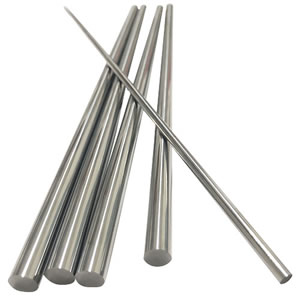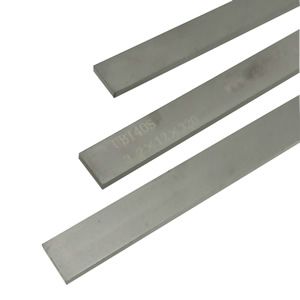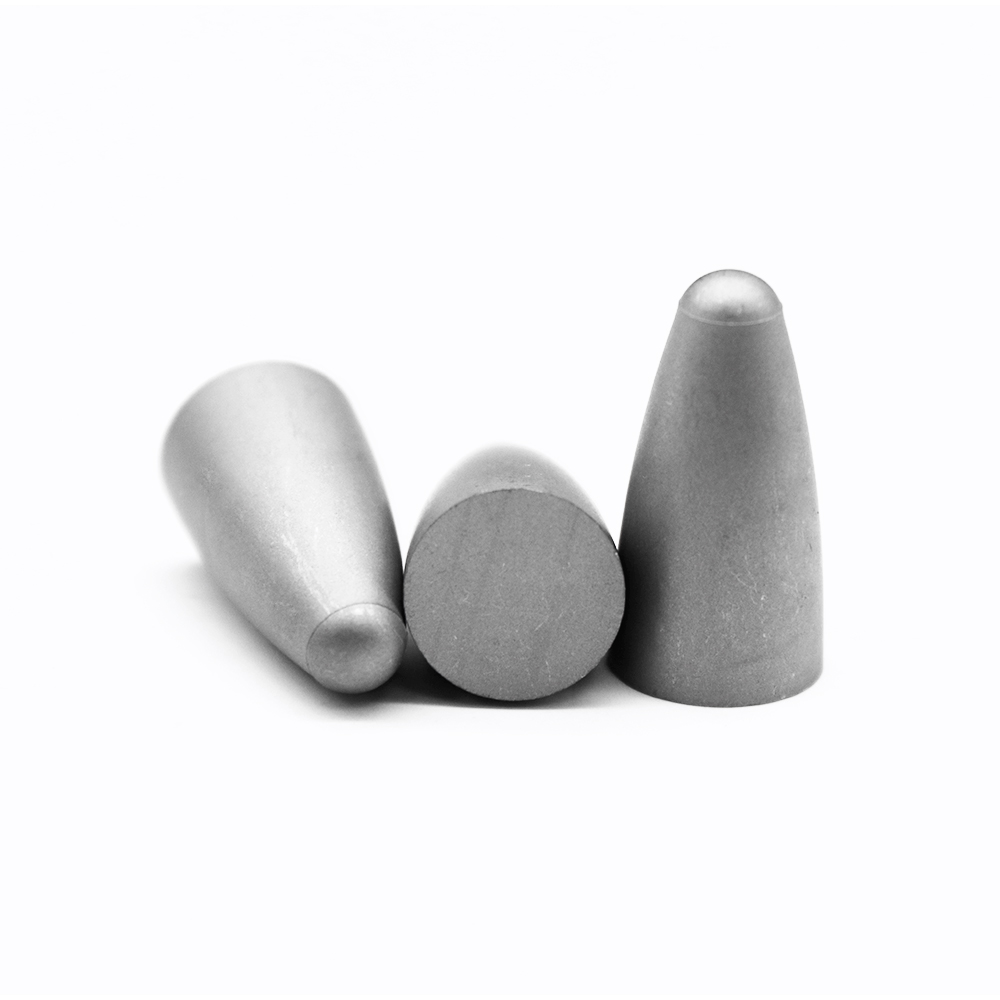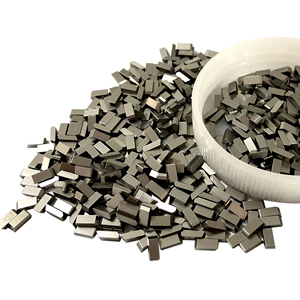How to Choose the Right Drill Bits for Different Formations
How to Choose the Right Drill Bits for Different Formations?

Generally, soils can be classified as soft, medium, or hard. Soft ground conditions usually consist of materials such as clays and soft limestone. Medium ground conditions, on the other hand, may contain hard shale and dolomite-type material. And finally, hard ground generally consists of rock-like material like granite.
Selecting the right type of drill bit will help guarantee an efficient and cost-effective drilling process.
1. Drill Bits for Soft Ground Conditions
Drag bits or fixed cutter bits are ideal for projects with predominantly soft ground conditions. These drill bits are constructed from a single piece of solid steel. While carbide inserts may be used, they are not a necessity. These drill bits have no rolling parts or associated bearings. As such, the entire cutting assembly rotates with the drill string and cuts through the ground as the blades rotate.
The absence of bearings and rolling components means fewer moving joints, and thus, less possibility of damage to the cutting assembly.

Three-wing drag bit
2. Drill Bits for Medium and Hard Ground Conditions
(1)Three-cone rolling cutter bit with Tungsten Carbide Inserts

(2)polycrystalline diamond compact bit

To penetrate denser soil, bits must possess adequate strength and durability to successfully break up the material and move it out of the way. A common type of drill bit for drilling in medium to the hard ground is the three-cone rolling cutter bit and polycrystalline diamond compact bit.
The three-cone rolling cutter bit consists of three rotating cones with their points facing inwards towards the center. The cones rotate and grind the soil/rock while the drill string simultaneously rotates the entire bit.
The choice of insert material depends on the hardness of the ground that needs to be penetrated. Carbide inserts are best suited for medium ground conditions, while polycrystalline diamond bits are mainly used for solid rock.
For extreme conditions, polycrystalline diamond compact (PDC) bits may be employed. Synthetic diamonds are attached to the carbide inserts to give the drill bit strength properties up to 50 times more than that of conventional steel bits. PDC drill bits are used for very challenging ground conditions, like solid rock formations.
Determining the right type of drill bit typically requires a geological investigation, a comprehensive geological report, and strict adherence to the information provided by geologists and geotechnical engineering professionals.
Within ZZBETTER, we offer a PDC cutter for a PDC drill bit, to maximize your outcome and enhance your overall drilling experience. If you are interested in PDC drill bits and want more information and details, you can CONTACT US by phone or mail at the left, or SEND US MAIL at the bottom of the page.





















